Many of us take the work of garbage collectors for granted without really thinking about the physical demands, the schedule under pressure, the difficult items they handle, and the public health role they serve. We rarely pause to realise that behind what seems like a simple weekly curbside routine lies early mornings, heavy lifting, potentially dangerous materials, and a service that keeps our cities clean and safe. If you’ve ever wondered what your garbage collector might want you to know, this list reflects perspectives gathered from sanitation workers themselves.
1. They start before most people wake up
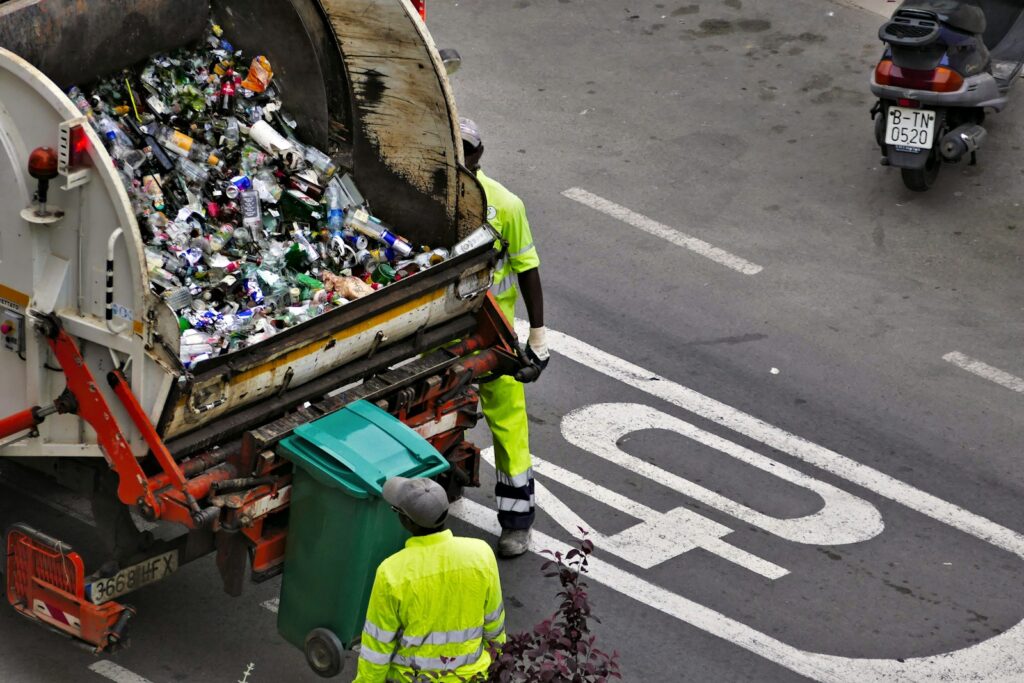
Garbage collectors often begin their routes early in the morning when traffic is lighter and before most households are awake or even aware of what is happening. That means leaving home before dawn, facing cold, darkness, or early morning weather, and working nonstop to finish a long route. Many appreciate it when residents have their containers out and ready so the crew can keep moving and finish on time.
2. They deal with more than just ordinary trash

Collectors don’t just pick up everyday household waste; they also encounter large, bulky items, hazardous materials, e-waste, yard debris, and sometimes unexpected items like construction debris. Having to sort these on the fly slows down the route and can pose risks. Knowing what belongs in regular trash, what needs special handling, and what should go to recycling helps the workers and the system overall.
3. Bagging your trash matters a lot
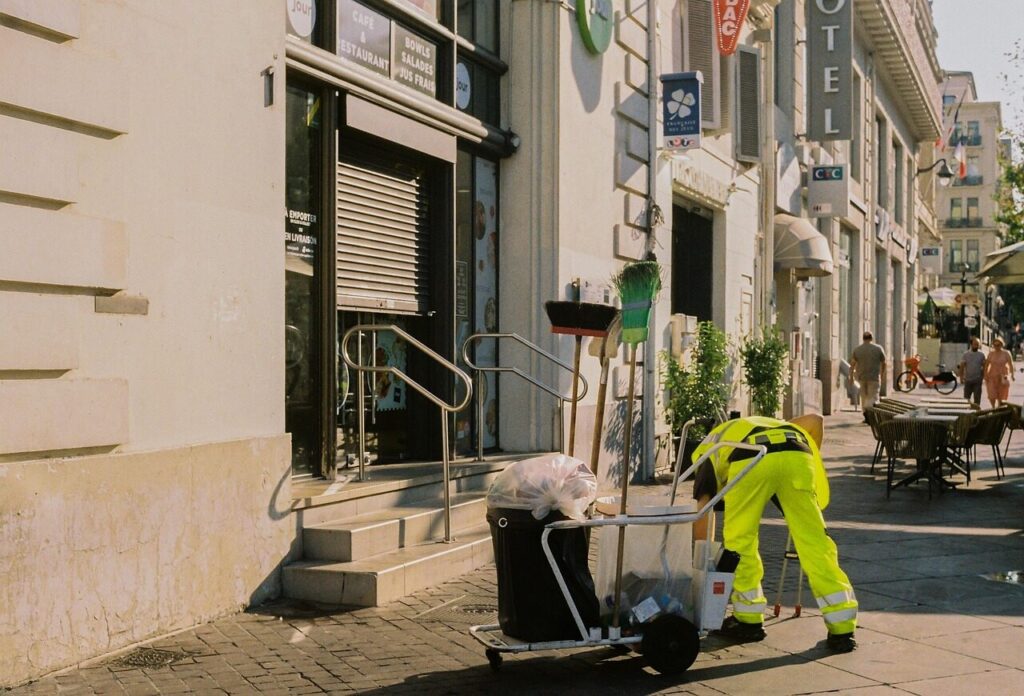
Leaving loose items or un-bagged waste in your bin adds time to the process and makes the job messier. Bags help contain odors, prevent spillage, and keep pests away. When things are bagged properly with the top tied, collectors can handle them faster and more safely. It’s a simple step that shows respect for the work and those doing it.
4. Put hazardous items in the right place
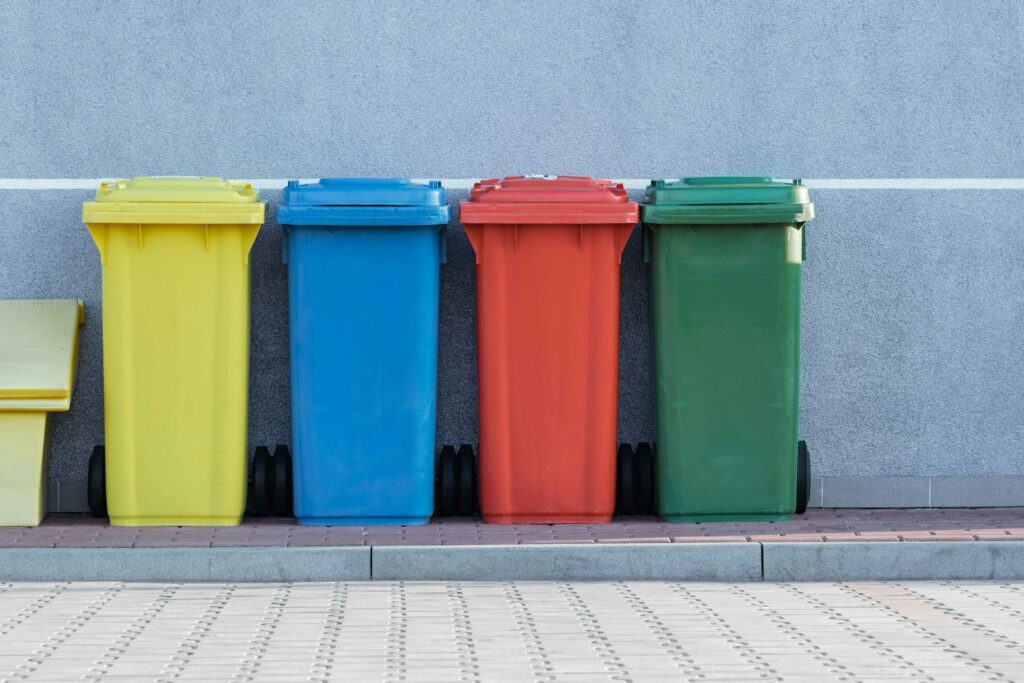
Items like batteries, chemicals, paint, sharps, or broken glass don’t belong in regular trash because they can harm sanitation workers or disrupt the sorting process. Many districts have special drop-off points or scheduled collection for those items. Taking the time to identify or call where to dispose of them keeps everyone safer and helps the system run smoothly.
5. Bulk items should be scheduled ahead
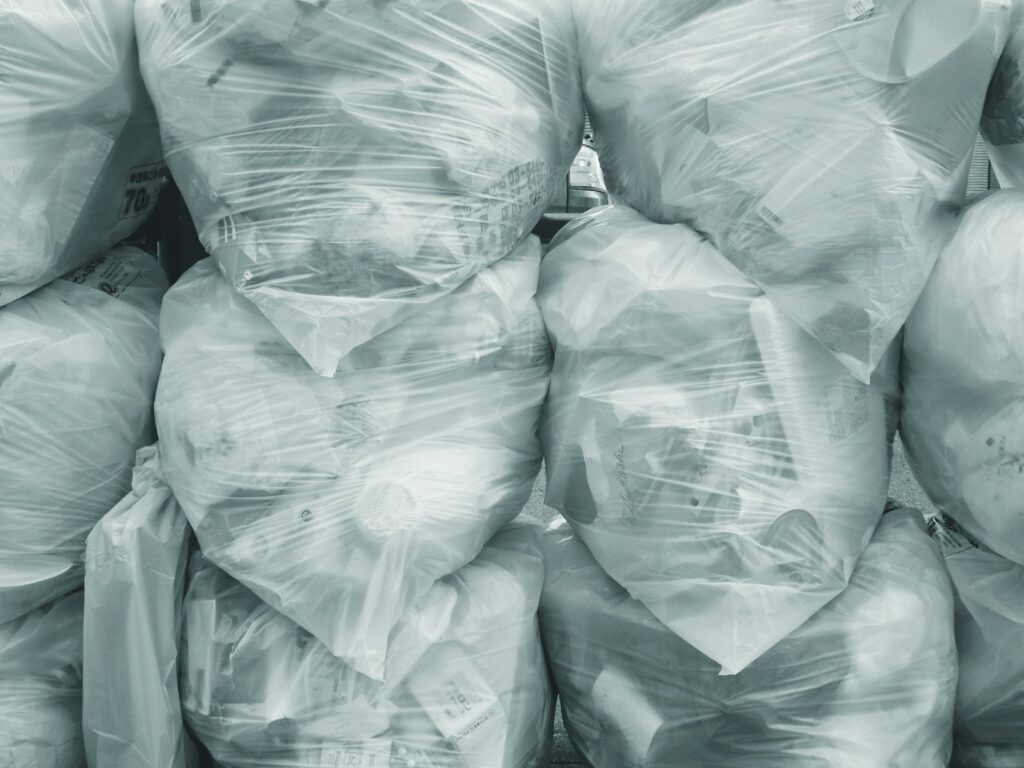
Leaving large items like old furniture, mattresses, or appliances on the curb without notifying the waste collection service can create extra work and delay for your route. Many collectors appreciate it when residents call ahead so arrangements can be made. That way, the crew knows what items to expect and can plan accordingly rather than having to stop and assess on the fly.
6. Recycling needs to be cleaner than you think
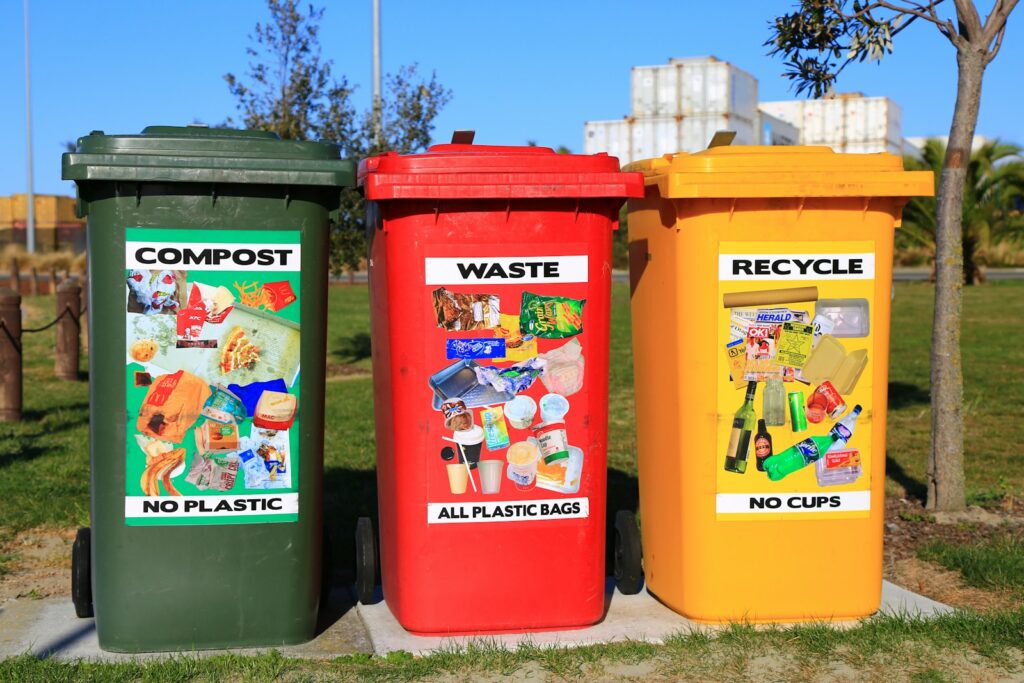
It’s not enough just to toss things in a recycling bin; materials need to be rinsed, emptied, and free from food residue. When contaminated items enter the recycling stream, they may get discarded as trash, which wastes effort and resources. Waste collectors often encounter recyclable bins filled with non-recyclables or dirty items that complicate the process.
7. Containers need to be accessible and visible
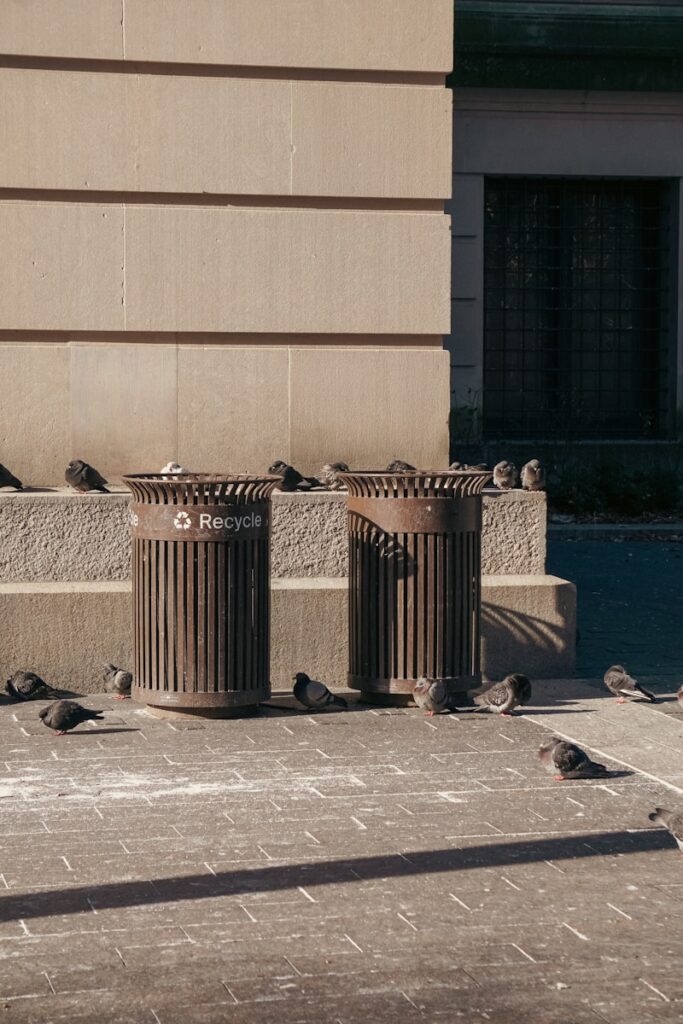
Bins placed behind parked cars, hidden down long driveways, or blocked by overgrowth add time and risk to the route. Ideally, containers should be at the curb, at the right height, and clear of obstacles. This allows the crew to pick them efficiently and reduces the chance of missing a pickup or causing a spill that someone then has to clean up.
8. Weather makes their job harder than you might think
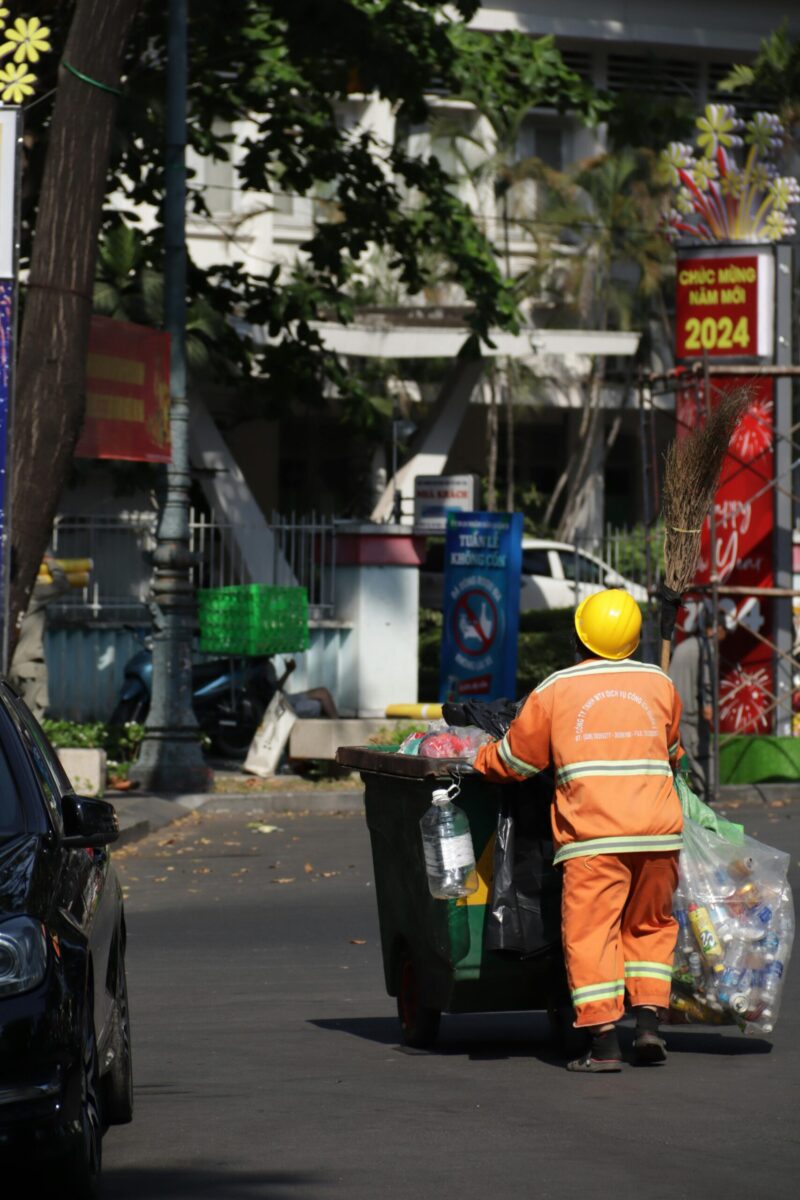
Rain, snow, extreme heat, or cold all increase the physical strain of collecting waste. Wet bags weigh more, surfaces become slick, hazards are harder to see, and protective gear becomes more important. Garbage collectors appreciate it when residents clear driveways, walkways, and container areas of ice, snow, mulch, or other slippery or obstructing debris so the route can proceed safely.
9. A simple greeting or thank you goes a long way
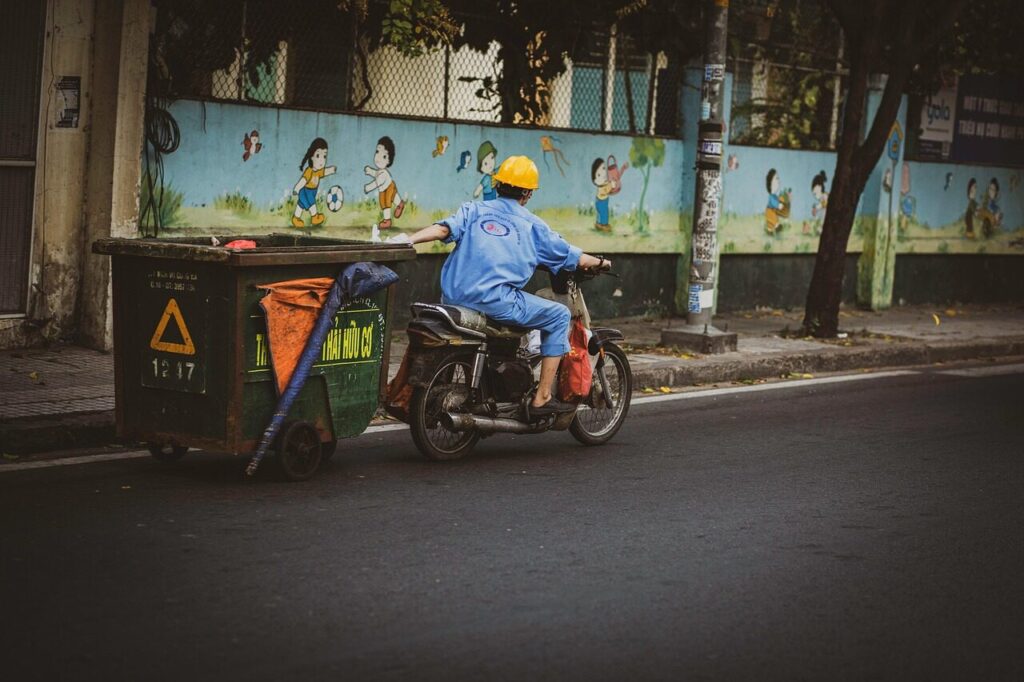
Although the job is physical and often done quietly behind the scenes, many workers notice when residents pause, make eye contact, wave, or simply say “thanks”. Those small gestures boost morale and remind them their work is valued. A good working relationship between community members and sanitation crews improves everything from service delivery to job satisfaction.
10. They want you to respect their time

Every stop adds to the total route, and delays can compound. When bins are out late, items are scattered, or heavy materials are dumped haphazardly, it slows everyone down. If you respect the schedule by having everything ready by the pickup time, you help the crew keep on track. In return, they can finish earlier and stick closer to their published schedule.
11. Trash is heavier than you expect

Those standard household bags may look light, but once compacted into bins or in windy weather, they can weigh far more than anticipated. Lifting heavy or awkward containers repeatedly all day takes a toll. Awareness of weight and effort helps; if you can lighten your load or break large items into smaller pieces, you ease the burden on your collector.
12. Improper items can damage equipment
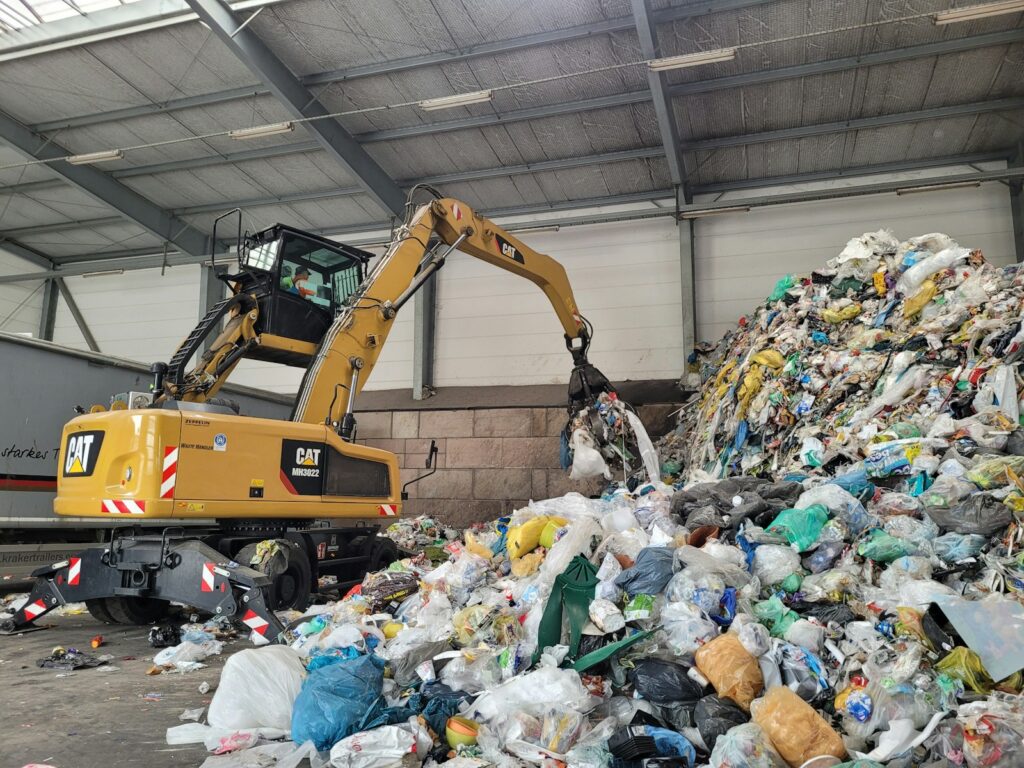
Items like broken glass, sharp metal, stones, excessive liquids, or improperly bagged debris can damage collection trucks or injure workers. When equipment fails or slows down the route, every customer feels the impact. By disposing of such items responsibly, you reduce the risk of delays and costs associated with repair or downtime.
13. Odors and mess are part of the job
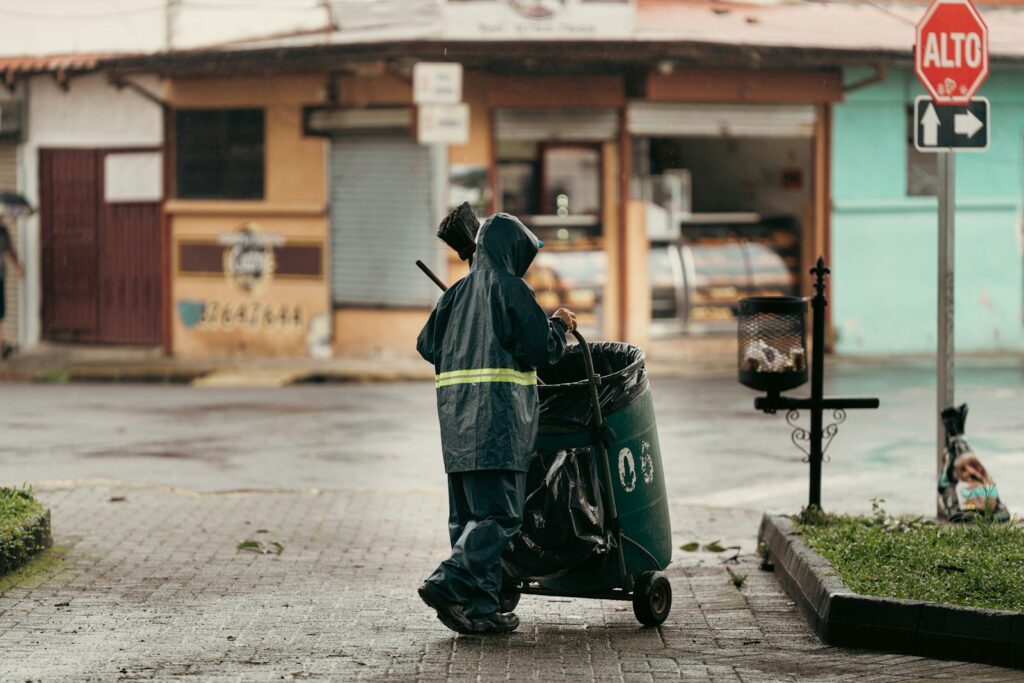
Dealing with rotting food, liquids, unbagged waste, and animal remains is unpleasant and inevitable. While disposing properly helps the crew, it doesn’t eliminate all smell or mess. When residents rinse containers, seal bags, and keep the area tidy, it makes the next day better for everyone involved. Recognising that sanitation workers face unpleasant tasks regularly builds empathy.
14. They work so you don’t have to see it all
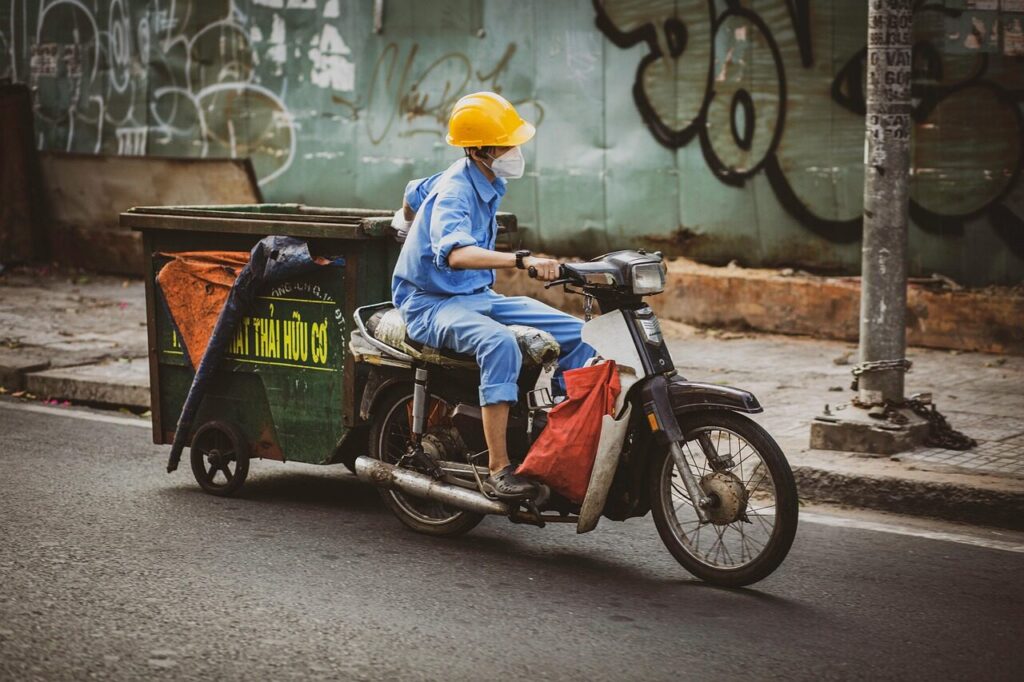
Most people never think about the journey from curb to landfill or recycling facility. Collectors do. They handle the unseen logistics so your neighbourhood remains clean. That includes early mornings, heavy labour, loud trucks, fuel use, and equipment maintenance. Respecting and acknowledging that background work helps elevate how we think about sanitation as a public service, not just a chore.
15. Missed pickups often have a reason

If your bin was missed one day, it is not always negligence; it could be a blocked driveway, overflow of trash, early collection, route change, or equipment issue. Many workers encourage residents to report missed pickups rather than assume the crew ignored them. Clear communication benefits everyone, and usually the issue can be resolved within the next day.
16. Seasonal changes make routes shift
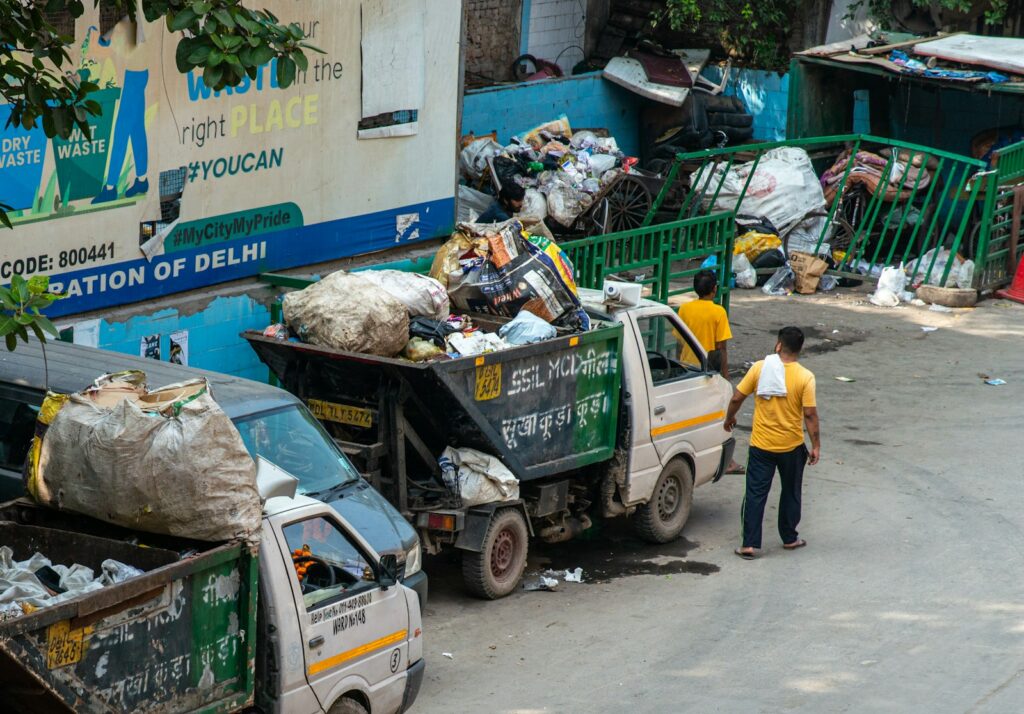
Holiday decorations, yard waste in spring and summer, leaves in the fall, snow in the winter, all of these change how collections happen, how early trucks start, and how routes are prioritized. Garbage collectors adapt, but they appreciate it when residents understand that nothing stays the same year-round. Being flexible and patient during seasonal changes helps the system respond better.
17. Recycling isn’t the only planet-helping step
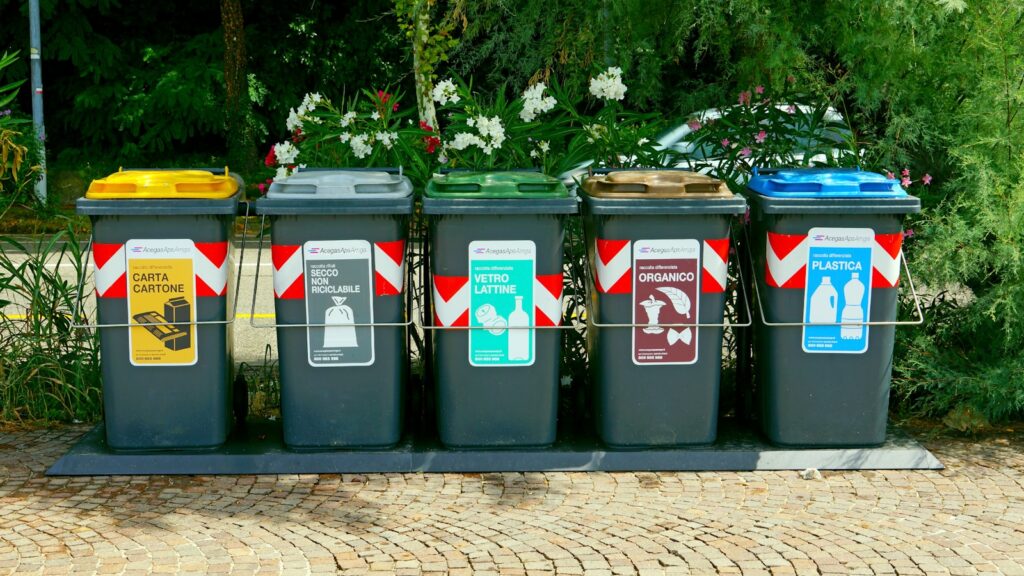
While recycling is important, many collectors wish people would also focus on reducing waste first and reusing items whenever possible. The less trash that enters the system in the first place, the less strain on the entire process, from collection to disposal. Cutting down on single-use plastics, repairing instead of discarding, and choosing longevity in products all matter.
18. Your containers need maintenance, too
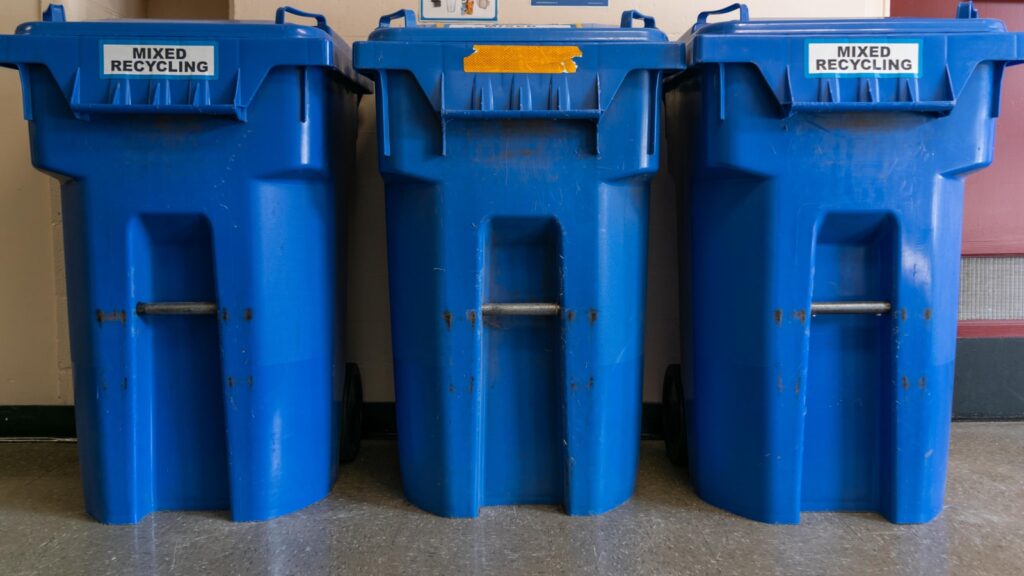
Bins with broken lids, cracked sides, hinges rusted or wheels missing are real problems on collection day. They can jam mechanised lifts, spill contents, or slow down retrieval. When you keep your container in good condition, replace parts or clean it regularly, you are contributing to a smoother process. Garbage workers appreciate the effort you make, even if it seems minor.
19. Extra bags might incur higher costs

Many sanitation services charge for extra bags, oversized bins, or the collection of non-standard items. When you’re mindful about how much trash you produce and whether you need a larger container or a special pickup, you help avoid surprises in your billing. Collectors know that when people understand the cost structure, service improves, and budgeting becomes easier for all.
20. Treat the workers with dignity and kindness

At the end of the day, garbage collectors are people with physical demands, long hours, early mornings, challenges, and pride in their work. They deserve the same respect you’d show any other essential service provider. A handshake, a wave, a simple recognition of their efforts matters. When a community treats its sanitation workforce as valued partners,service improves and everyone benefits.
Comments